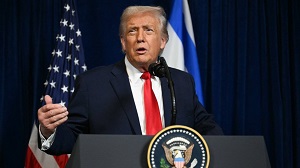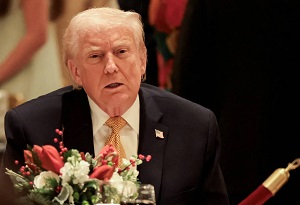Senate reviews economic challenges, remedial measures

The Jordan Times
AMMAN — Senate President Faisal Fayez on Monday highlighted the importance of taking measures to stimulate economic growth, control spending and install a budget based on real-life indicators.
Fayez delivered his remarks while heading a meeting with the government’s economic team, hosted by the Senate financial and economic committee, the Jordan News Agency, Petra, reported.
During the meeting, Fayez highlighted the importance of expediting correctional measures to boost economic growth, especially in light of the current regional conditions.
For his part, Senator Umayya Toukan, representing the senate committee, said that the meeting aims at discussing the notes that the International Monetary Fund delegation presented in their recent visit to the Kingdom, which revolved around the budget deficit, weak revenues and structural reforms required by the energy and labour sectors.
Heading the government’s team, Deputy Prime Minister Rajai Muasher also reviewed several issues the government is working to resolve through its economic team, including financial control, unpaid dues, health treatment, health insurance, tax evasion and smuggling, according to Petra.
The meeting was attended by several ministers and officials representing concerned entities in the Kingdom.
‘Positive indicators’
On Sunday, the government reaffirmed its commitment to implementing tax incentives for the industrial sector with retroactive effect as of the beginning of 2019, according to Minister of Industry, Trade and Supply Tareq Hammouri.
During a meeting held by the Jordan Exporters Association, Hammouri noted that the government is still working on the draft by-law on tax incentives for the industrial sector in order to implement it soon, the Jordan News Agency, Petra, reported.
In spite of the hindrances facing the national economy, the minister said, positive indicators have been emerging over the past seven months as a result of increased exports, a decrease in the trade deficit by 10 per cent and a rise in the Kingdom's tourism activity, according to Petra.
The difficult economic conditions facing the national economy in the past period were “not internal”, the minister said, noting that the Kingdom faced repercussions from the political events in the region which led to the influx of refugees and closure of traditional markets, in addition to the cutting off of Egyptian gas.
Jordan, under the efforts and directives of His Majesty King Abdullah, has “demonstrated its strengths and built robust relations” with different countries around the world, Hammouri said.
He added that achieving economic growth requires utilising more effective tools that increase the volume of investments and improve the Kingdom's services, exports and tourism, according to Petra.
Hammouri voiced hope for the performance of the national economy, especially in light of the positive indicators, the most recent of them being Jordan’s place among 20 countries that showed significant improvement in regards to ease of doing business, according to the World Bank report that was issued this week.
For his part, head of the Jordan Exporters Association Omar Abu Washah said that the loss of traditional markets has posed a significant challenge to exporters, which led the association to organise marketing programmes to open other markets.
Abu Washah said that the current conditions facing national industry require decisions that reduce production costs and support the competitiveness of products, noting that the industrial sector contributes around 24 per cent of the gross domestic product (GDP), and also employs 250,000 workers.
Latest News
-
 Trump says 'hell to pay' if Hamas fails to disarm in short period
Trump says 'hell to pay' if Hamas fails to disarm in short period
-
 Somali President to Visit Türkiye After Israeli Recognition of Somaliland
Somali President to Visit Türkiye After Israeli Recognition of Somaliland
-
 Syrian Army Enters Latakia, Tartus after Attacks by Regime Remnants
Syrian Army Enters Latakia, Tartus after Attacks by Regime Remnants
-
 Jordan, Arab, Islamic countries reject Israel’s recognition of Somaliland
Jordan, Arab, Islamic countries reject Israel’s recognition of Somaliland
-
 Trump Says Had 'Productive' Call with Putin Ahead of Zelensky Meeting
Trump Says Had 'Productive' Call with Putin Ahead of Zelensky Meeting